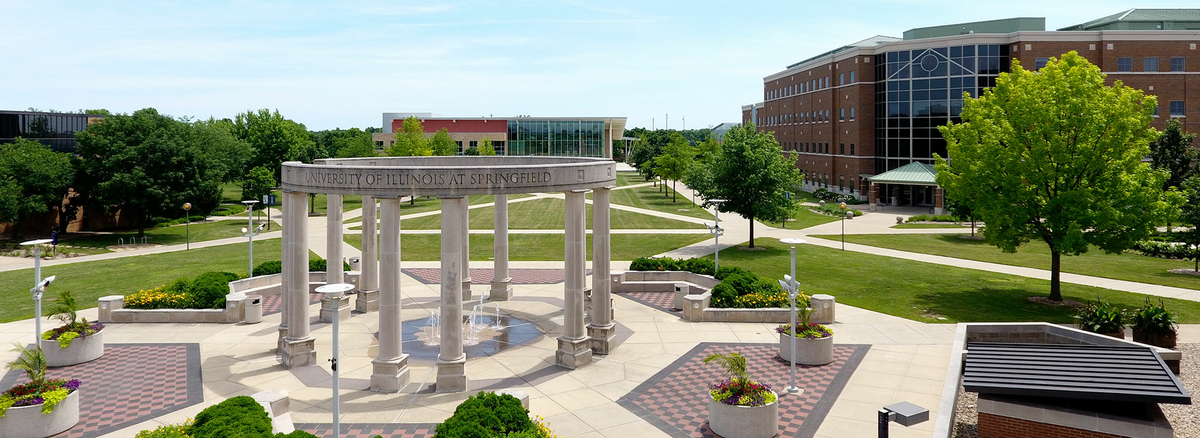Six weeks after Lincoln’s death, Frederick Douglass described him as “emphatically the black man’s president, the first chief executive “to show any respect for the rights of a black man, or to acknowledge that he had any rights the white man ought to respect,” the first one to rise “above the prejudices of his times and country.” Lincoln treated each African American “not as a patron, but as an equal.
In The Black Man’s President: Abraham Lincoln, African Americans, and the Pursuit of Racial Equality, I attempt to illustrate Lincoln’s racial egalitarianism by describing his interactions with African Americans, both during his presidency and his Illinois years. As Reynolds recently observed, it is only by studying Lincoln’s “personal interchange with black people” can “we see the complete falsity of the charges of innate racism that some have levelled at him over the years.”
This article, written by Michael Burlingame, Ph.D. and Chancellor Naomi B. Lynn Distinguished Chair in Lincoln Studies at the University of Illinois Springfield, appeared in the Columbian College of Arts and Sciences newsletter on Nov. 14, 2021.



